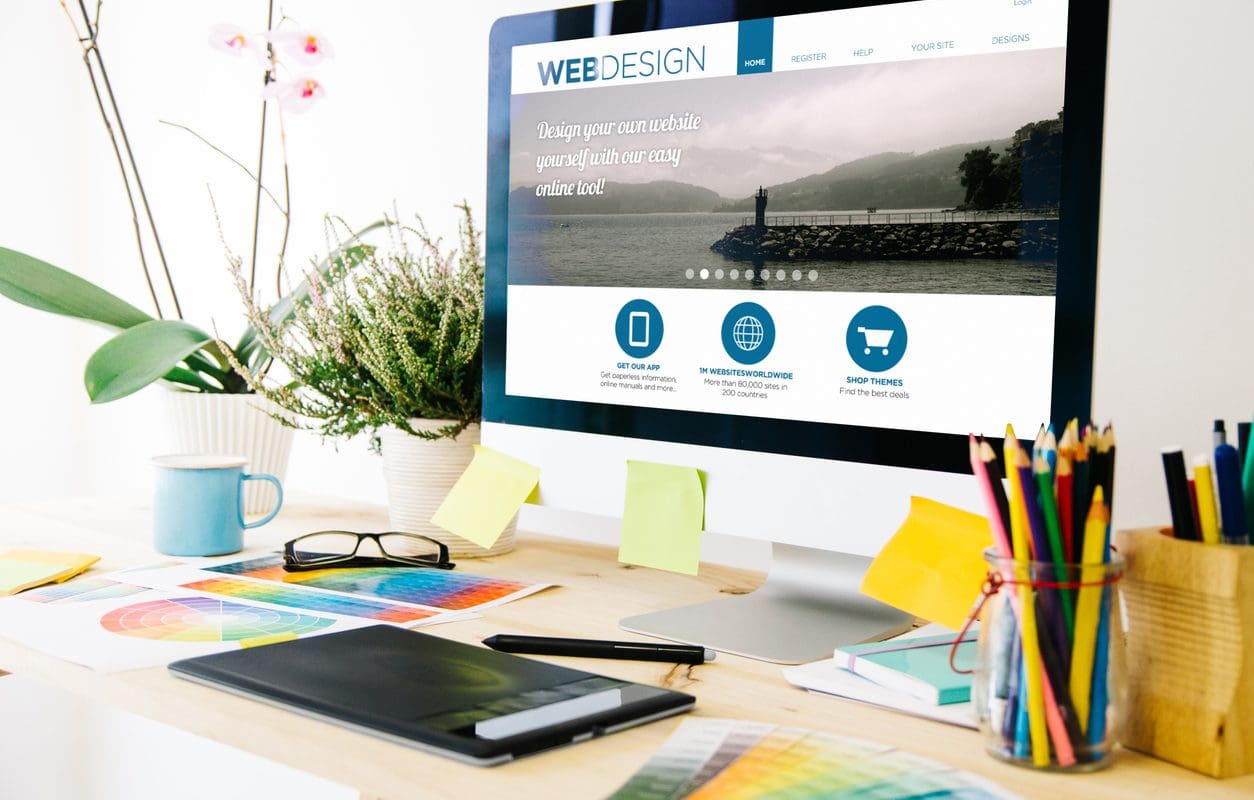
How to find the web designer that is right for you
It’s important that your company website reflects your services and products in an appealing way to your customers, so don’t just go with the first web designer that you come across. A good website is a major asset, so spend time ensuring that it is worth every penny you pay towards it.
Do your homework
It’s no good expecting web designers to understand the ins and outs of your business straight away. Their job is to design websites, whereas yours is to generate sales of your products and services, so don’t expect them to do all the leg work for you. You need to have a very clear vision of your target audience, so that you and your designer can work together to create the perfect website for your needs.
Set a budget
It’s worth spending as much as you can reasonably afford on your website, as it will be working day and night to attract visitors. On the other hand, you don’t want to throw money at it, especially if your web designer is keen to include state-of-the-art techniques that aren’t relevant to your needs. Flexibility is important, but don’t be pressurised into paying for add-ons that provide no real value to your site.
Shop around
You could go with a local web designer or choose a designer from another part of the country entirely. It’s possible to communicate via email and phone, so being local is not always necessary. It does, however, make it easier to schedule meetings if you plan on having a lot of hands-on input into your site.
Ask to see examples of the company’s work and, if possible, speak to former customers to find out whether they had positive experiences and, more importantly, whether their websites live up to their expectations. Be wary of a web designer who seems to churn out the same site over and over again, as this can be a sign that he or she uses a template. That may be fine for your needs, but expect to pay a reduced price for a website where much of the work has already been done.
Ask questions
It’s easy to be overwhelmed by web designers, particularly when they throw jargon around, but stand your ground and ask pertinent questions. Don’t be bamboozled by terminology, but ask prospective web designers what their ultimate goal is regarding website creation. It should always boil down to usability. Your site could have all the latest features going, but if visitors find it unattractive, slow to load or difficult to navigate then they will leave.
Future changes
Will the website domain be owned by you? Will you be able to make changes to the content without running up huge fees? Will there be additional costs for maintaining the site? These are all questions that you need to ask before going ahead with your project to avoid nasty surprises in the future.